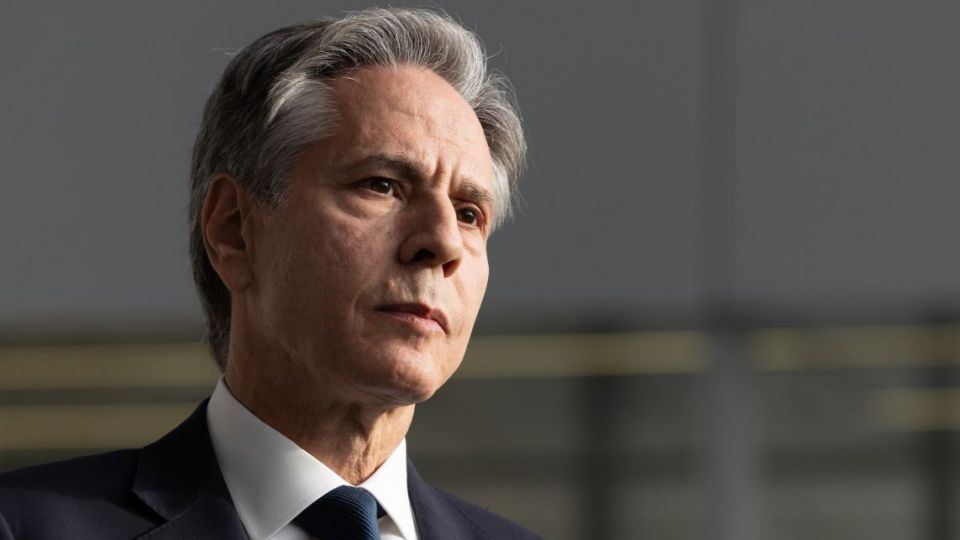 |
|
The recent statement by the US Secretary of State regarding the Ukrainian counteroffensive and the potential involvement of North Korean soldiers has ignited significant international discussion. The Secretary's comments, while not providing specific details, highlighted the complex and evolving nature of the conflict in Ukraine. The focus on the Kursk region, a strategically important area bordering several key Ukrainian objectives, underscores the critical nature of the ongoing fighting. The region's proximity to critical infrastructure and supply lines makes any advancement or setback in this area a significant turning point in the war's trajectory. The statement's implication regarding the participation of North Korean soldiers, however, requires further scrutiny and verification. The potential for foreign involvement beyond Russia's direct military support could dramatically alter the dynamics of the conflict, potentially escalating the international tensions already at play.
The Secretary's cautious approach in addressing the North Korean involvement is understandable, given the sensitivity of such information. The lack of concrete evidence and the potential for misinformation necessitates a measured response from international actors. However, the mere suggestion of North Korean soldiers participating in the conflict raises crucial questions about the extent of Russia's alliances and its willingness to leverage international support, even from controversial regimes. This development highlights the increasingly globalized nature of the conflict, extending far beyond the immediate participants and raising serious concerns about regional and global stability. Any confirmation of such involvement would have significant ramifications, potentially triggering stricter international sanctions and altering the strategic calculus of the involved nations.
The situation in the Kursk region is further complicated by the ongoing humanitarian crisis. The displacement of civilians, the destruction of infrastructure, and the ongoing threat of violence underscore the urgent need for international humanitarian aid and conflict resolution efforts. The Secretary's statement, while focusing primarily on the military aspects of the conflict, implicitly acknowledges the devastating human cost. The challenges in providing aid and ensuring the safety of civilians are magnified by the complex security situation on the ground, requiring coordinated efforts from international organizations and humanitarian agencies. The long-term impact of the conflict on the region's stability and economic development is also a significant concern, demanding long-term recovery plans and investments to rebuild destroyed communities and revitalize the economy.
Analyzing the Secretary's statement necessitates a thorough examination of its geopolitical implications. The potential involvement of North Korean troops underscores the increasingly interconnected nature of global conflicts, where regional disputes can draw in unexpected actors with varying motivations and agendas. This situation necessitates a renewed focus on multilateral diplomacy and international cooperation to de-escalate tensions and promote a peaceful resolution. The lack of transparency surrounding the conflict, however, poses a significant challenge to effective diplomacy, highlighting the need for robust fact-checking and open communication channels. The statement thus serves as a stark reminder of the fragility of peace and the importance of consistent international engagement to prevent further escalation.
Looking ahead, the international community must carefully monitor developments in the Kursk region and gather more information on the alleged participation of North Korean soldiers. Comprehensive investigations are crucial to understanding the true nature and scope of foreign involvement. Furthermore, a concerted effort to facilitate humanitarian aid and support the long-term recovery of affected communities is paramount. The ongoing conflict highlights the need for a robust international framework to address complex geopolitical challenges, emphasizing the role of effective diplomacy, international law, and multilateral cooperation in resolving conflicts and preventing future crises. Ultimately, the Secretary's statement serves as a critical piece of information in a broader and ever-evolving geopolitical puzzle, demanding continuous observation, analysis, and responsive diplomacy.
Source: US Secretary of State on Ukrainian offensive in Kursk region and North Korean soldiers
